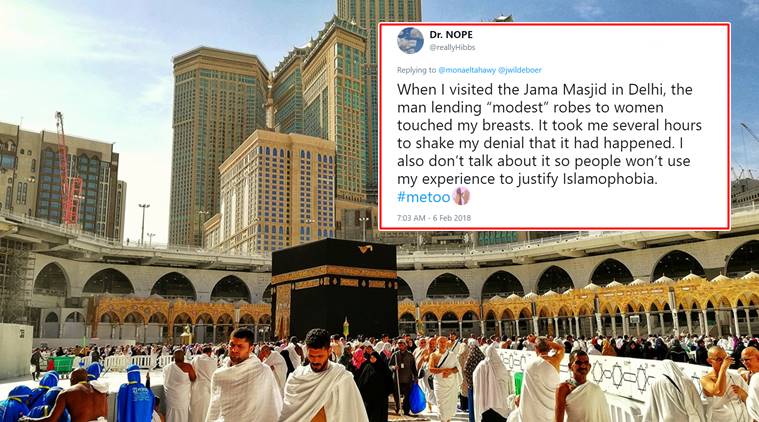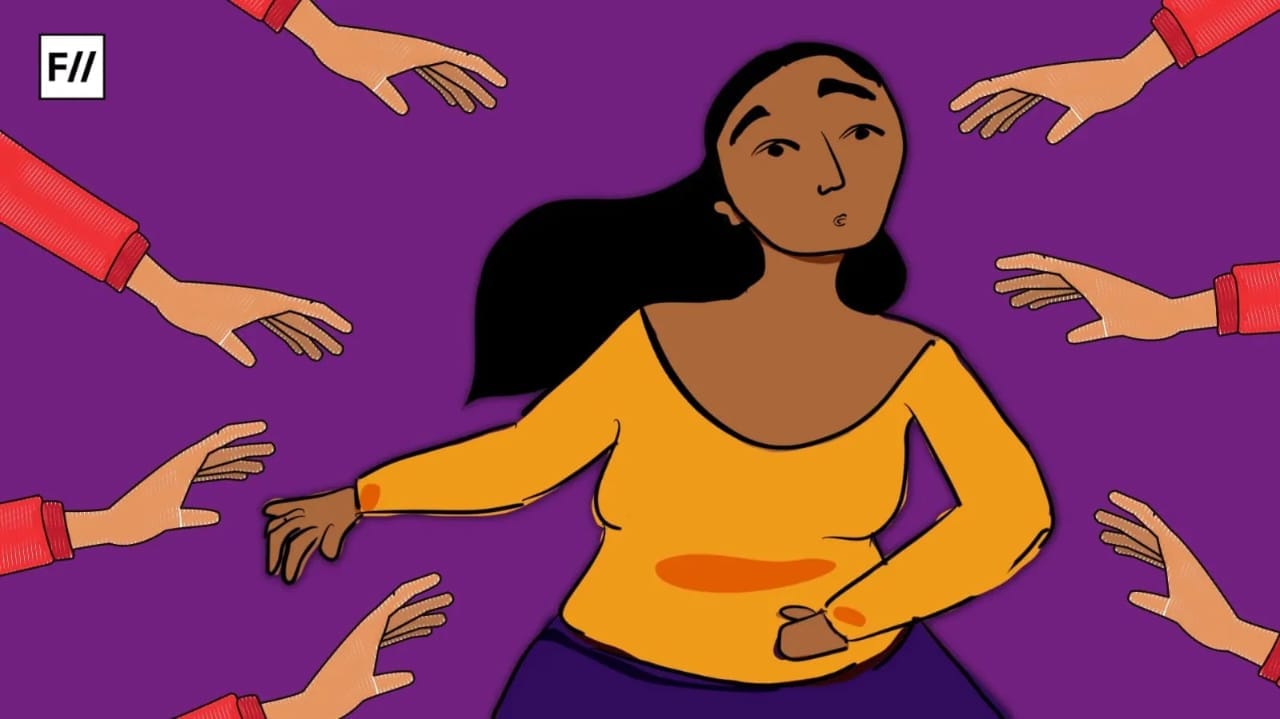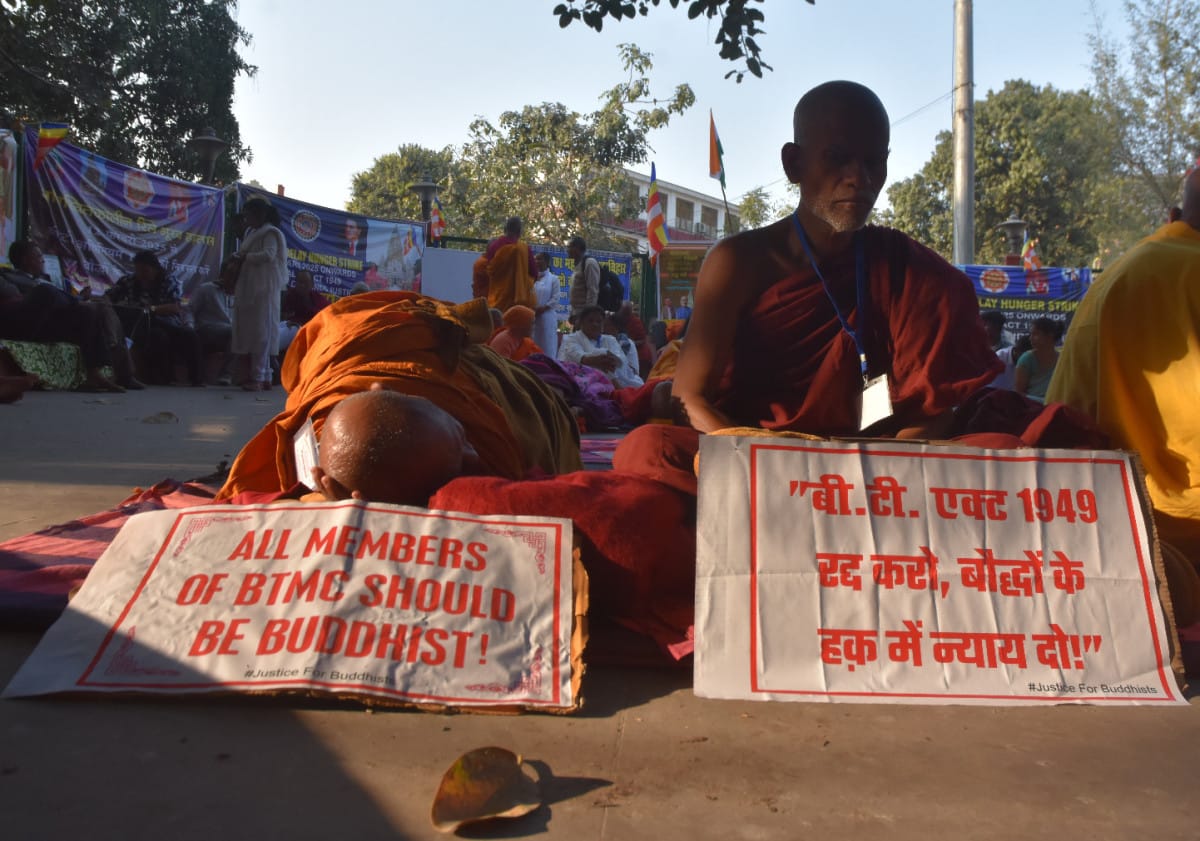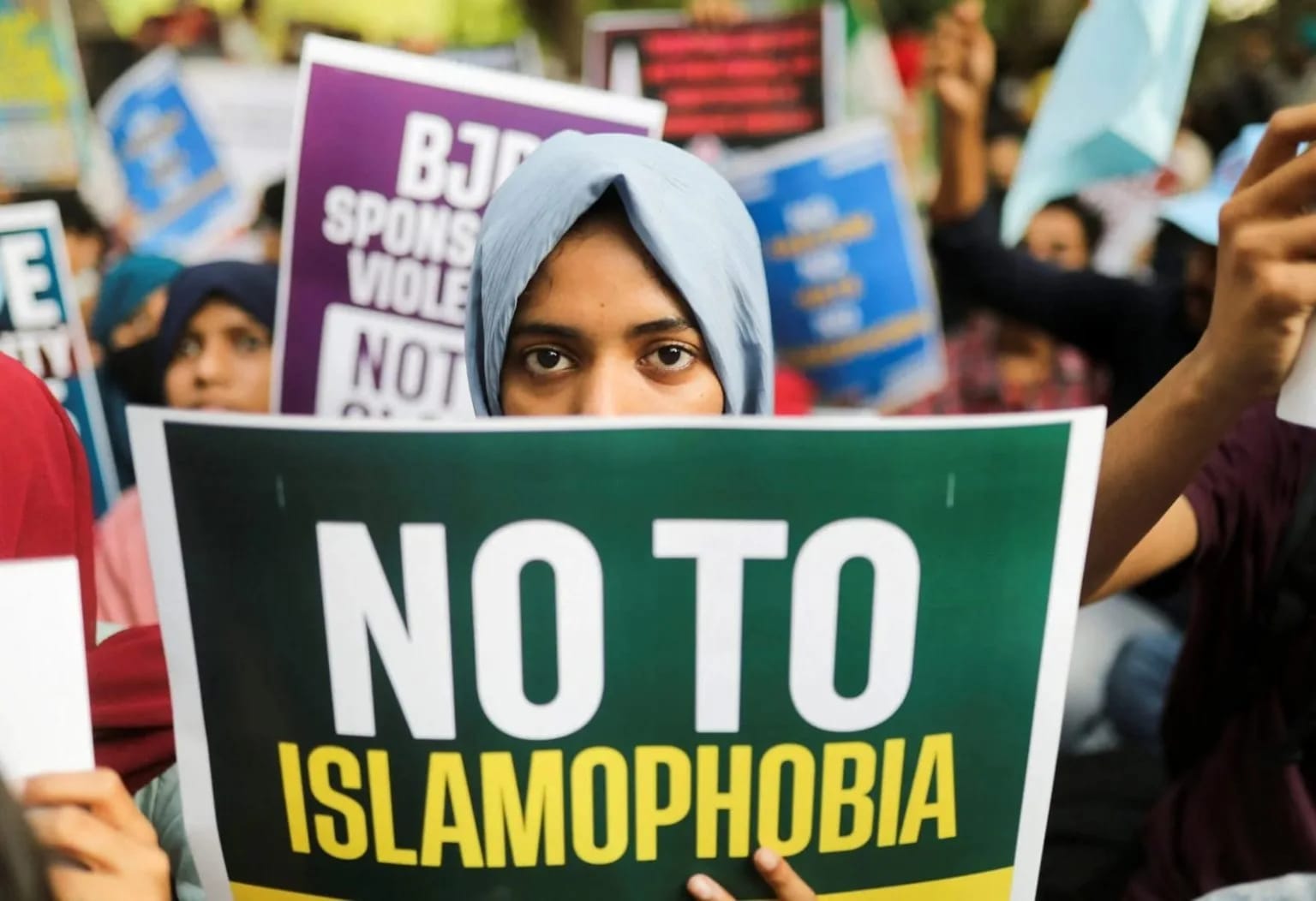It all started when an unidentified Pakistani woman named Sabica Khan recounted in a Facebook post her experiences of being sexually harassed while on hajj, the annual Islamic pilgrimage to Mecca. She deleted the post following backlash from fellow Muslims, but not before the same opened the floodgates to more such hitherto unrecounted stories of sexual misdemeanour faced by Muslim women in Islamic religious spaces the world over.
As more and more women took to social media to share their stories of having been touched, groped, felt and in general subjected to sexually inappropriate treatment by men while undertaking religious rituals in religious spaces, the hashtag #MosqueMeToo began trending on social networking platforms, thus highlighting the pervasiveness and gravity of the issue. Mona Eltahawy, the Egyptian feminist, and author of the book Headscarves And Hymens: Why The Middle East Needs A Sexual Revolution, started a thread on Twitter recounting her experiences of sexual harassment while on hajj, and inviting Muslim women to share similar stories of sexual impropriety they may have faced in religious spaces.
I am glad to see women are speaking out about being sexually harassed during Hajj. Several years ago, i shared my own experience with sexual assault during the pilgrimage (see following tweets) https://t.co/7A5CeJngEy h/t @jwildeboer #MeToo
— Mona Eltahawy (@monaeltahawy) February 5, 2018
Unfortunately, opening up about harassment of a sexual nature is never easy for women due to the largely dismissive attitude of people towards such incidents. This is especially true when such incidents are alleged to take place within the sacrosanct spaces of a religious nature. The level of disbelief at the prospect of such incidents occurring in spaces that people associate with utmost personal morality is overwhelming.
As a result, Muslim women who shared their stories of sexual mistreatment within religious spaces faced a lot of undeserved flak on online forums by men hell-bent on dismissing such allegations as flights-of-fantasy or worse, a ploy to sully the image of the Muslim community in the eyes of the world.
opening up about harassment of a sexual nature is never easy for women due to the largely dismissive attitude of people towards such incidents.
A twitter-user questioned as to why a man would spend time, energy and money to go on hajj and then indulge in activities that would negate its very purpose and lead to “doubling” of sin for him. One gentleman ‘helpfully’ offered that it is to avoid such incidents that women in Islam are asked to be accompanied by their male relatives wherever they go. Many advocated ‘segregation’ as a solution to incidents of sexual abuse. The comments – especially those of men – were, thus, what one would label as, at best, ‘dismissive’ and at worst, ‘misogynistic’. A classic example of victim-blaming.
Islam is a curious case as far as the topic of sexuality is concerned. There is open discussion about sex and sexuality in the context of marriage with references being found in the holy scriptures about healthy and fulfilling sexual relationship between spouses.
Also read: Female Sexuality And Islam – A Think Piece
However, sexual behavior outside of the realm of marriage is a taboo subject and does not figure prominently in public discourses except in the context of questions of ‘sexual piety’, ‘morality’ and ‘sinning’. There is almost no discussion as to what constitutes ‘sexual misconduct’ on the part of men and how misuse of patriarchy-driven sexual dominance by them should be dealt with.
Women are forbidden to talk about or express themselves authoritatively when it comes to the issue of sexuality. That serves as an ideal breeding ground for male sexual perversion, as the latter’s actions remain unchecked in the face of women’s lack of agency. It also serves to shame women into silence. Moreover, within Islam, both the spiritual as well as temporal spaces are dominated by men who alone interpret the tenets of the religion to determine the societal structure within the community and the gender-dynamics therein.
That serves to curb the rights of women as equal beings with a voice deserving of being heard. Islam also accords immunity to certain sections of the male population from criticism and scrutiny. For example, I grew up listening to people say that one should never hurl abuses or cast aspersions on a ‘hafiz’, or the learner of Quran, as he has the Holy Scripture committed to his heart. In other words, a hafiz-e-Quran (a person who has committed the Quran to memory), is someone immune to criticism or allegations as he carries the Quran in his heart. Such reverence to clerics and clergymen makes them complacent and prone to abusing their powers in different ways.
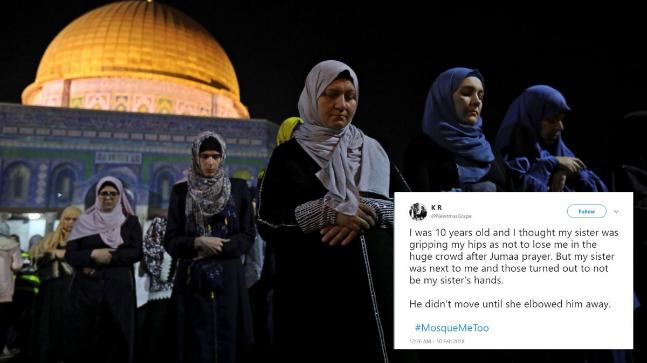
Image Source: India Today
The truth is, Muslim women do face a dilemma that is peculiar to them. There is a tendency to stereotype male Muslim traits among a vast section of the non-Muslim population and it is believed that allegations of sexual misconduct against Muslim men or clerics by women would only serve to supply added ammunition to ‘Islamophobes’ to target Islam and Muslims with. This sentiment has also prevented a lot of women from speaking up as they feel torn between the need to defend their religion in the public eye and the need to fight the maladies that have cropped up in the same.
Muslim women are left in a quandary as to whether they should go public with the allegations of sexual abuse they may have faced at the hands of the men within their communities at the expense of sullying the image of the latter. As Mona Eltahawy wrote in The New York Times, “…It is exhausting that Muslim women’s voices and our bodies are reduced to proxy battlefields by the demonizers and defenders of Muslim men…“. In all this, there is genuine concern that those Muslim women who are victims of sexual misdemeanor by men of their communities may be forced to stay silent. Muslim women face threats, scorn, abuse and bullying on online forums and their intentions questioned for speaking ‘against Islam’ because many wrongly perceive that even calling out a rot within the community amounts to vilifying it in public.
Muslim women are left in a quandary about talking of sexual abuse at the hands of the men within their communities at the expense of sullying the image of the latter.
There is an urgent need to open up about safety issues that women might face in religious spaces and within the community. Segregation, as advocated by some, is not a solution to issues pertaining to sexual misconduct. Rather, greater visibility of women in religious spaces as well as ensuring gender-parity when it comes to leadership in the same would go a long way in creating a safe environment for women within the realm of religion.
Featured Image Source: Indian Express
About the author(s)
Nishat is a probationary deputy collector by profession, an avid reader by choice and a writer by default. She loves tea, music, shopping and travelling – in that order.
